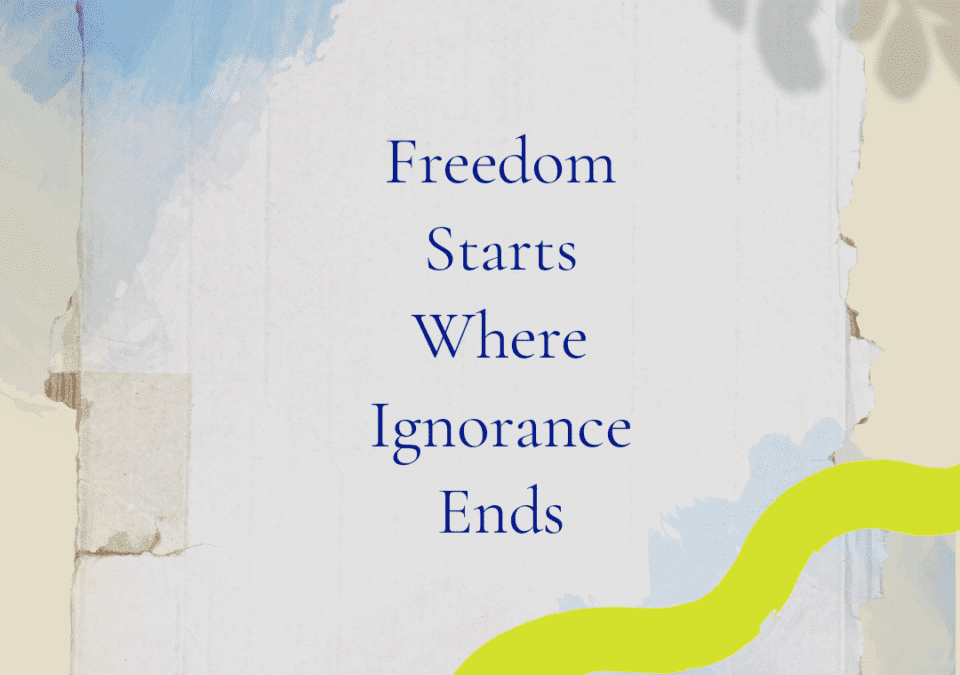Is your energy being drained in certain scenarios and relationships that you can’t work out why? Some of us are addicted to or drawn to subtle and pervading drama but we don’t realise it. If you get tied up in rescuing people, then feel resentful and victimised then go and pick a fight with someone else – you might be participating in the model of dysfunctional social interactions and power games known as The Drama Triangle recognised by American Psychiatrist Stephen Karpman. I often explain this model to both clients and supervisees.
The Drama Triangle is made up of three roles:
1.Victim
2.Rescuer
3.Persecutor
Interestingly, all the roles are fluid and we can morph into all of them at any one time, but we all have one that we lean towards (usually formed in childhood). The roles are driven by how we control our own anxiety. The roles represent common and not helpful response to conflict and we can see The Drama Triangle in action in all relationships.
1.Victim – blames others, demands lots of attention, takes little or no responsibility for the consequences of their actions, often has excuses before choosing to find solutions, used to being rescued, attention is always directed outwards and bends to demands.
2.Rescuer – likes to be rewarded regularly for doing the right thing, feels guilty for not stepping in, strong, dependable, takes care of everything, controlling, always in other people’s business and neglects their own.
3.Persecutor – argues, nit picks, starts rows, get their own way at all costs, angry when things go wrong, mask fear and shame, often victims as children, creates strict boundaries, blames, criticises, rarely admits they are wrong and can be bullies.
How do we step out of The Drama Triangle and opt out?
Womerdorff’s – The Empowerment Dynamic is focused on goals and outcomes and looks at the three roles differently.
1.Victim – Creator
2.Rescuer – Coach
3.Persecutor – Challenger
If you take a particular role often, create an Aura of Authenticity around yourself and ask these questions:
1.Is this my business?
2.Is this my true responsibility?
3.How can I help this person create their own choices?
4.How can I coach this person giving them autonomy?
5.How can I assertively challenge them?
6.Am I being 100% honest with myself and others?
7.Am I honouring my own needs?
8.Am I allowing others to take responsibility?
9.Am I taking responsibility for my own actions?
A word of warning, be ready as others still in The Drama Triangle will be upset when you ‘opt out’ but the feelings of peace will be worth it.

